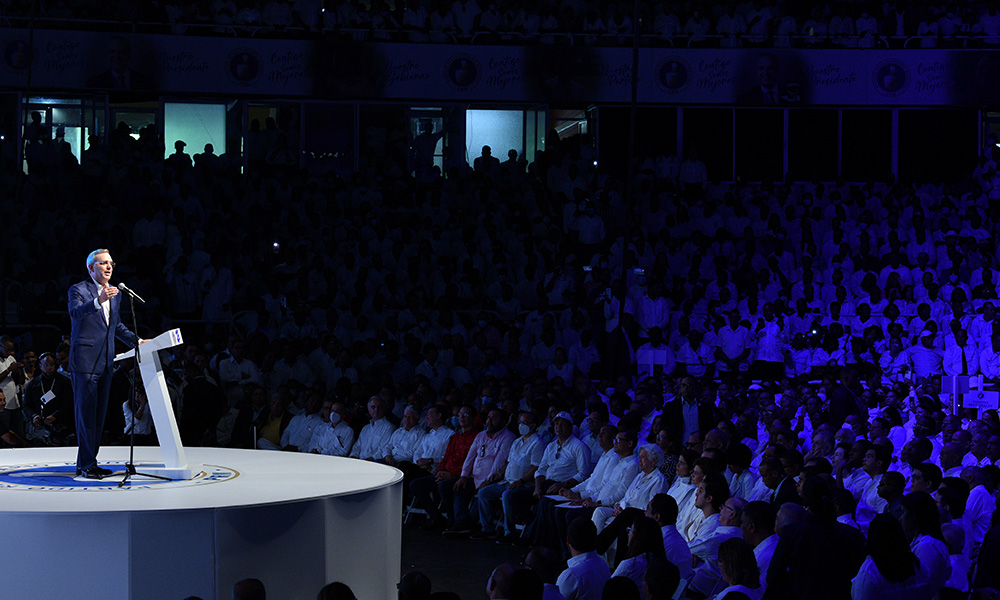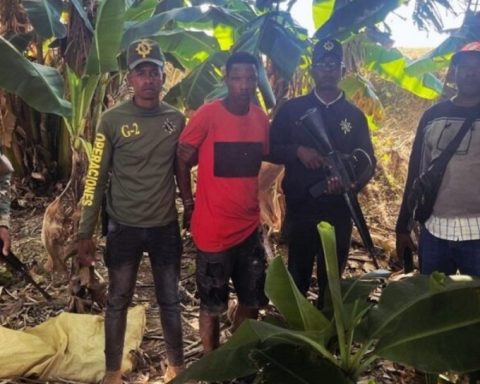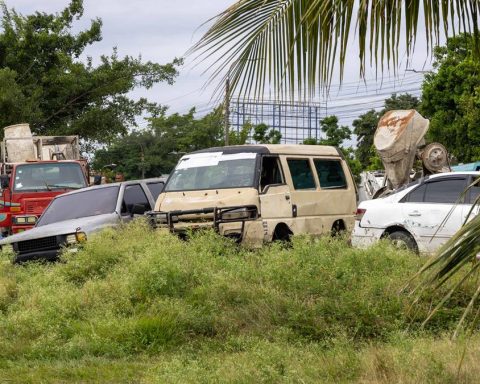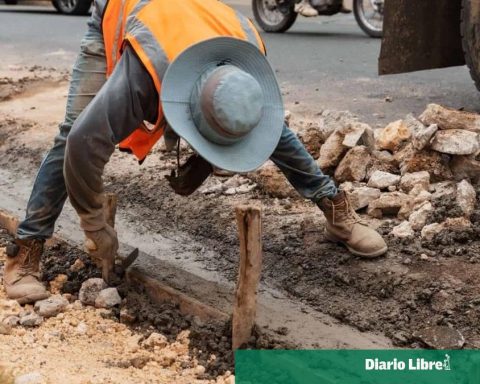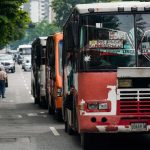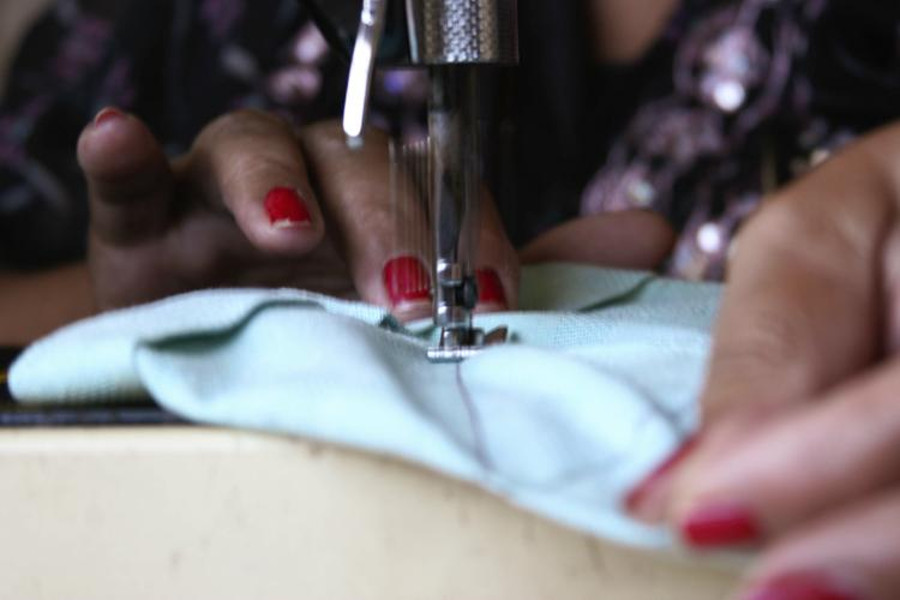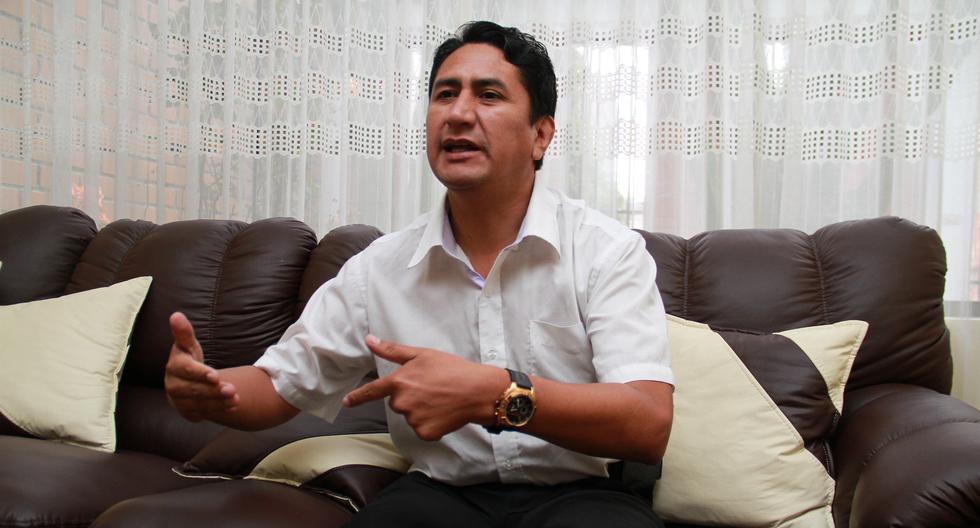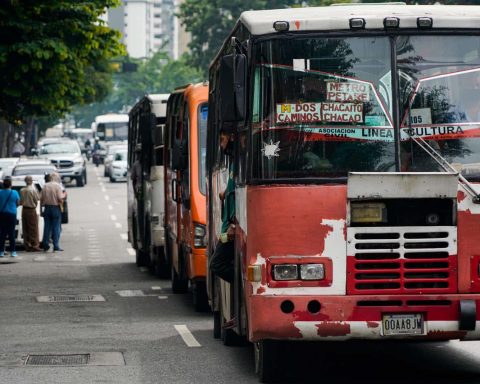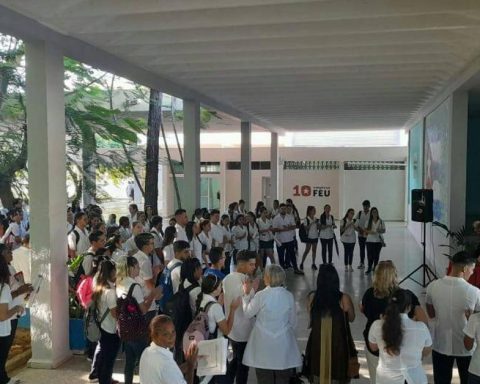Seal of independence of State bodies is strengthened, inflation is accentuated; and opposition fight for leadership
Today marks two years since the 2020 presidential and congressional elections that took place on an extraordinary date due to the civid-9 pandemic, becoming the first elections in Latin America under the coronavirus protocol.
Those elections for the Dominican Republic meant one of the first countries in the region to promote the change of government that has been taking place since 2019 and put an end to the era of the Dominican Liberation Party (PLD) controlling power, the rise of the Modern Revolutionary Party (PRM), the emergence of the leadership of Luis Abinader and the reconfiguration of the political party system with the emergence of the People’s Force (FP).
What has happened in the country two years after those changes? Abinader places the stamp of independence on State bodies, especially the Public Ministry, which has submitted several cases of corruption as a strategy to put an end to the impunity that is said to exist in the country. Abinader has turned his speech from moderate liberal to more conservative and inflation has skyrocketed due to the impact on the country of the global economic crisis.
From the opposition, Leonel Fernández has positioned himself as the main opposition leader and his party is growing, while the PLD, under the leadership of Danilo Medina, resists to survive as a strong party in the face of events such as the constant resignation of leaders and the impact on his image of the accusations of public corruption to sensitive figures of the organization.
The facts show that Abinader has changed his moderate liberal discourse with the promise of promoting the decriminalization of abortion in three circumstances, which has not happened two years after the PRM assumed the reins of power, despite the fact that this opposition party approved official that their legislators would support the inclusion of those exceptions in the Penal Code.
The more conservative approach of the ruler is verified, also because he has taken on issues traditionally claimed by these groups with dedication.
One proof is his decision to begin construction of the border wall and the hardening of the discourse on the presence of illegal Haitians in the country.
From the government, Abinader is also more open to the media and prefers to remain more in the streets than in the presidential office, a change in relation to the figure he projected from the opposition.
In fact, the constant presence of the president in almost all government events and private sector events has been criticized by communication specialists, who see risks in this management for the strategic administration of the presidential figure.
From the point of view of achievements, the independence of the Public Ministry has been the great challenge for change. As a result, the Attorney General’s Office has submitted several cases of public corruption involving officials as important as former Attorney General Jean Alain Rodríguez and relatives and close collaborators of former President Danilo Medina. That bet has yet to pass the test of the courts for convictions in corruption cases, which has been the historical weakness of corruption cases. Recently, the Odebrecht, Tucanos and Los Tres Brazos cases failed in court.
Abinader also promoted the selection of figures without formal ties to political parties for the Chamber of Accounts, the Central Electoral Board and the Superior Electoral Court. To complement the package of promises to put an end to impunity and corruption, he has presented a project to reform the Constitution that has been postponed due to lack of consensus and support; and now he is concentrating on approving the domain forfeiture law under the motto of “recovering what was stolen”, but the project has not had a consensus and has been widely criticized by the legal community.
Outside of that issue, President Abinader has had to concentrate on managing the multiple crises with which he has had to govern, especially the economic impact of the pandemic that was later aggravated by Russia’s invasion of Ukraine, which triggered the price of oil, energy and raw materials such as corn and wheat.
To face inflation, which the accumulated from May 2021 to May 2220 is 9.47%, the government has opted to raise interest rates, subsidize fuel and other areas, and a controversial law that frees the importation of 67 products, in order to lower their price for the consumer.
Abinader has announced and started several works in different parts of the country, such as the extension of the Metro to Los Alcarrizos. The opposition has criticized the slowness in the execution of projects and the low investment in development plans.
The current administration has also been criticized for nullifying at least five projects due to the avalanche of criticism they have generated. Abinader’s administration has also been marked by accusations and questions of acts of corruption in the government and the murder of the Minister of the Environment, Orlando Jorge Mera, in his own office.
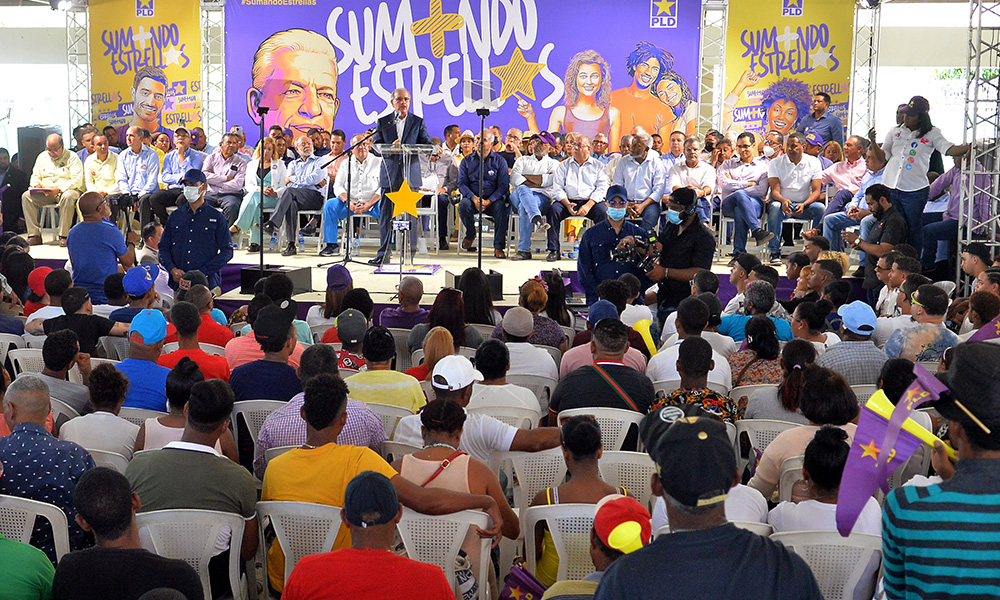
And how has the opposition fared?
The situation of the opposition today could be summed up in that the FP, led by former president Leonel Fernández, is a party that seems to be growing judging because leaders of all levels constantly resign from the PLD and go to that organization. An example is the registration of deputies, which started with 11 and now add up to 20 in the block.
On its side, the PLD struggles to remain a strong party despite the crisis due to the division, the constant resignation of leaders and the blows to its image due to the accusations of corruption against several of its leaders during their time in power. As for the opposition leadership, two years after the voting, Fernández is the most relevant figure.
Why was the 2020 election date changed?
In resolution 42-2020 unanimously approved by the plenary session of the Central Electoral Board on April 13, 2020, the body decided to postpone the elections scheduled for May 17 of that year under the argument of “force majeure” due to the impact of the pandemic. The decision had the support of all political parties and civil society entities such as Citizen Participation, Finjus and Conep. The elections were scheduled for Sunday, July 5 under a strict health protocol and a wide abstention of almost 45% was generated.
